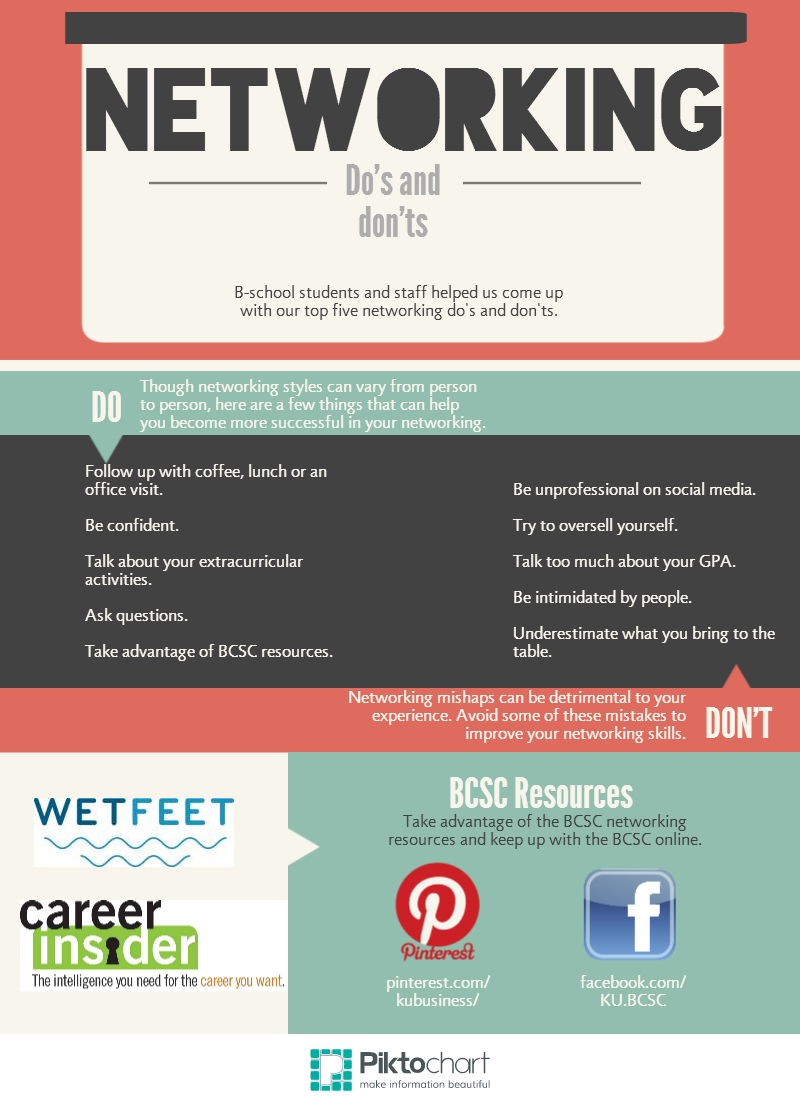The Valuation graduate certificate teaches MBAs and MBA alumni important skills in valuing companies, assets and investments.
Cathy Shenoy, director of MBA programs, said the certificate is especially helpful for those in finance-related fields, including commercial lending, corporate finance, banking, real estate and mergers and acquisitions.
“Anyone who’s going to be doing large financial transactions needs to know how to value those transactions,” Shenoy said. “If you don’t know how to value those transactions, you don’t know how to make a bid or accept an offer.”
George Bittlingmayer, professor of finance and economics, said valuation is also an important skill when professionals are looking at the financial components of a company.
“It helps you think through how a project or company is going to support itself,” Bittlingmayer said. “What are the moving parts? How do operations and the financing of the project interact?”
The Valuation certificate is only open to current MBA students and MBA alumni. It is composed of five classes for a total of ten credit hours. Students are required to take financial statement analysis and business valuation and may choose three courses from a list including applied portfolio management seminar, derivatives strategies, international finance and entrepreneurial finance.
Learn more at MBAcert.ku.edu. Apply by July 15 for fall 2014.
by Allison Kite





